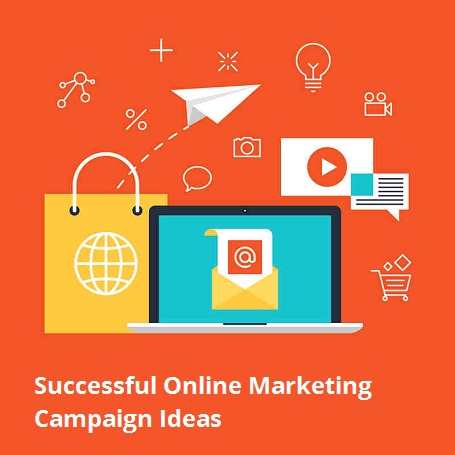Behind every successful marketing campaign are a few smart fundamental tactics!
How often have you come across the ill-timed advertisement or the inopportune visual bleeping out from the screen? We’re certain more often than not! Just to drive our point home a bit further, imagine you’re browsing the internet looking for the nearest dentist who can attend to the ‘mother of all toothaches’ you’ve been nursing since two days.
Now picture having to rummage through the local vets, day care centres, flower shops (delivering 24/7) and the nearby astrologer (get your forecast for the day tweeted right to you) advertisements on your e-yellow page site. Before you can actually locate the dentist’s number, you’ll discover that pulling out your tooth with your bare hands was a much quicker alternative.
In essence, the point being that being seen at the right time, sending out the right signal, on the right platform is KEY.
Having said that, it’s not easy to simply put pen to paper and chalk out a strategy for your brand. There has to be careful consideration to every aspect of the campaign and even more thought into what message you actually wish to send out. Lets start with the basics and move up from there.
Take a multi-pronged approach or go solo
Today, brands attribute much digital success to a multi channel,mobile, social campaign that focuses on three principal aspects as the basic tenets- relevance, data (lots of it) and objective (a simple, clear statement defining the motive of the campaign in the first place). You can then decide if you want to focus on only one medium or take a mix of all.
My Customer is, well, anybody!
Yes, you have an apparel brand and yes, everybody does need clothes. So in effect your target audience can be just about anyone, isn’t it?
Not true. This definition does not hold right for every business out there. The truth is each brand/ service will cater to (or be preferred) a particular set of people/ organisations, who have their own unique set of preferences and social mindsets. It is in your best interests to know that.
So say you’re planning to campaign a new line of bridal wear, you must have information before hand as to who your customer is going to be. What age, what income, what preferences and what previous shopping history does your customer have? Do all brides like to try on their dress beforehand at the store or do they wait for it to be delivered home. Do their friend’s opinion’s count or is it their mother’s final word?
Once you’ve zeroed down on ‘who’ you are targeting you need to figure out their ad consumption methods. Is it mainly online, part offline, totally offline or a mix of both?
The next step is rolling up your sleeves and chalking out ‘what’they specifically consume- Which shopping sites they endorse and why they do so? Do they prefer email marketing methods or are they more likely to click on web-ads. Does a friend’s ‘like’ influence them or are they hooked on to videos on YouTube. Let’s not forget considering what device they are using too.
I’ll do a little of this and a little of that
Taking the example of the bridal wear brand again, lets imagine that you’ve discovered that most brides prefer to view the dresses online and then go shop it offline. This determines your marketing tool to reach out to them- Direct Mailers (offline) and targeted ads on the social platform.
Of course, you can also consider a mix of newspaper or magazine ads with a sprinkling of online marketing such as display advertising, blog posts, email marketing, PPC (pay-per-click advertising), Search Engine Optimization (SEO), Affiliate Online ads, SMM (Social Media Marketing)on Facebook, Twitter, Pinterest, Video marketing (such as you tube), Local search marketing, Mobile marketing, Forum outreach.
Yes! Its working, maybe not
Once you’ve got the ball rolling in the right direction it doesn’t necessarily mean that you’re going to strike all the pins down all at once. Choose a good analytics tool, and take a good hard look at the numbers staring back.
In today’s e-world, you should be able to get your hands on a tracking tool (some good ones are free) that gives you instant data about your traffic and the conversions as a result. This way you can decide whether you want to continue, do more of or lessen your presence on a particular advertising platform.









